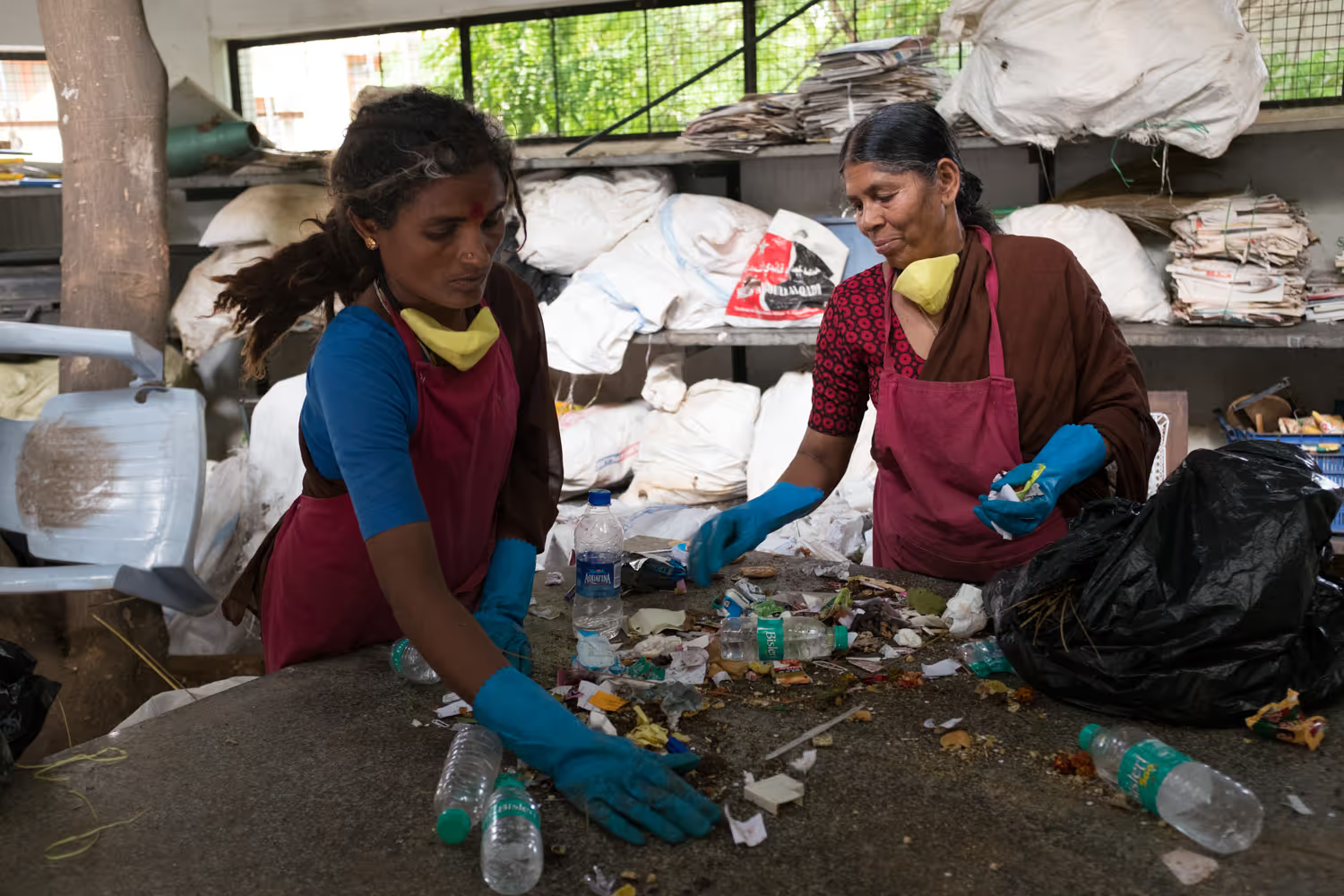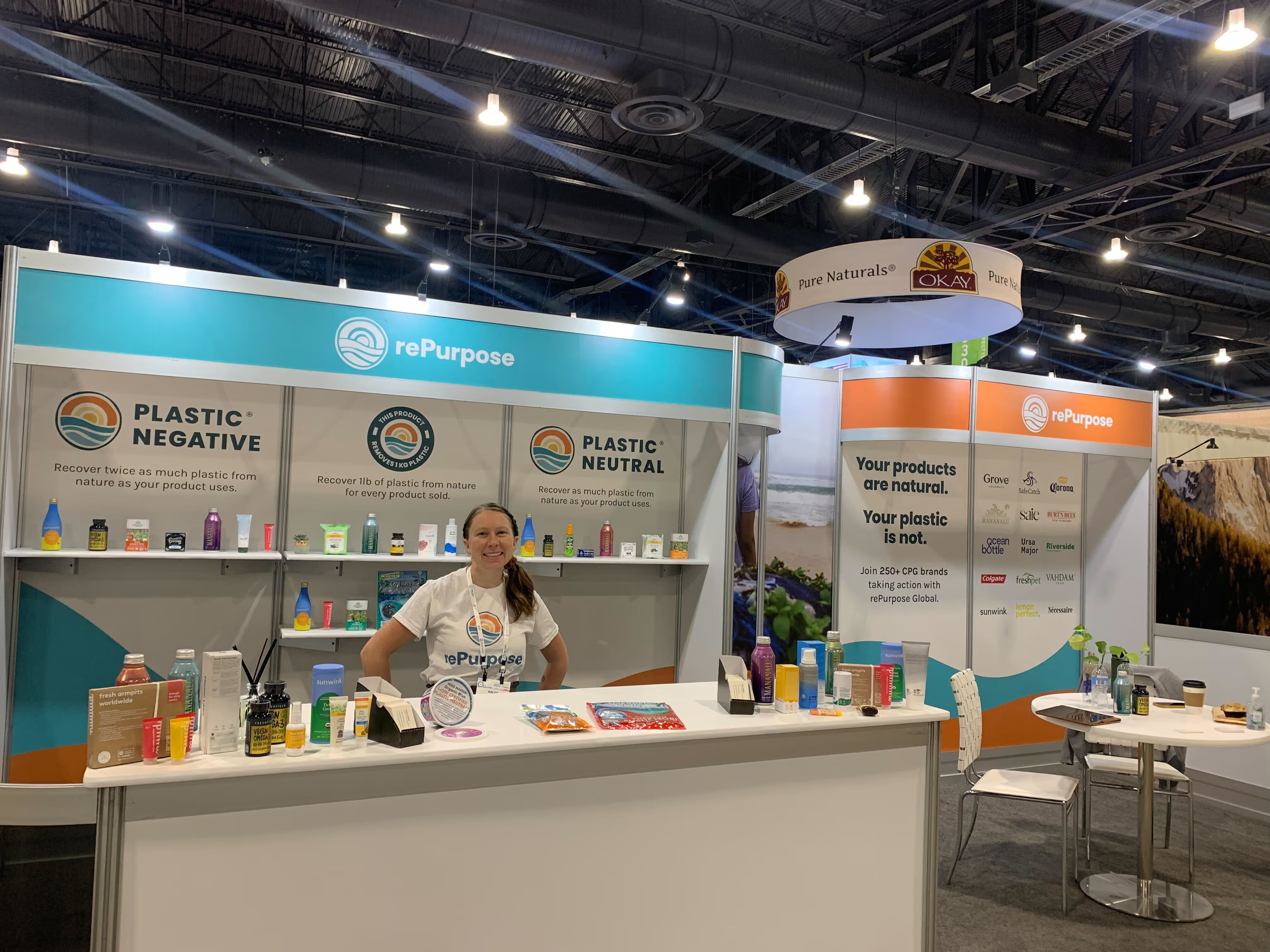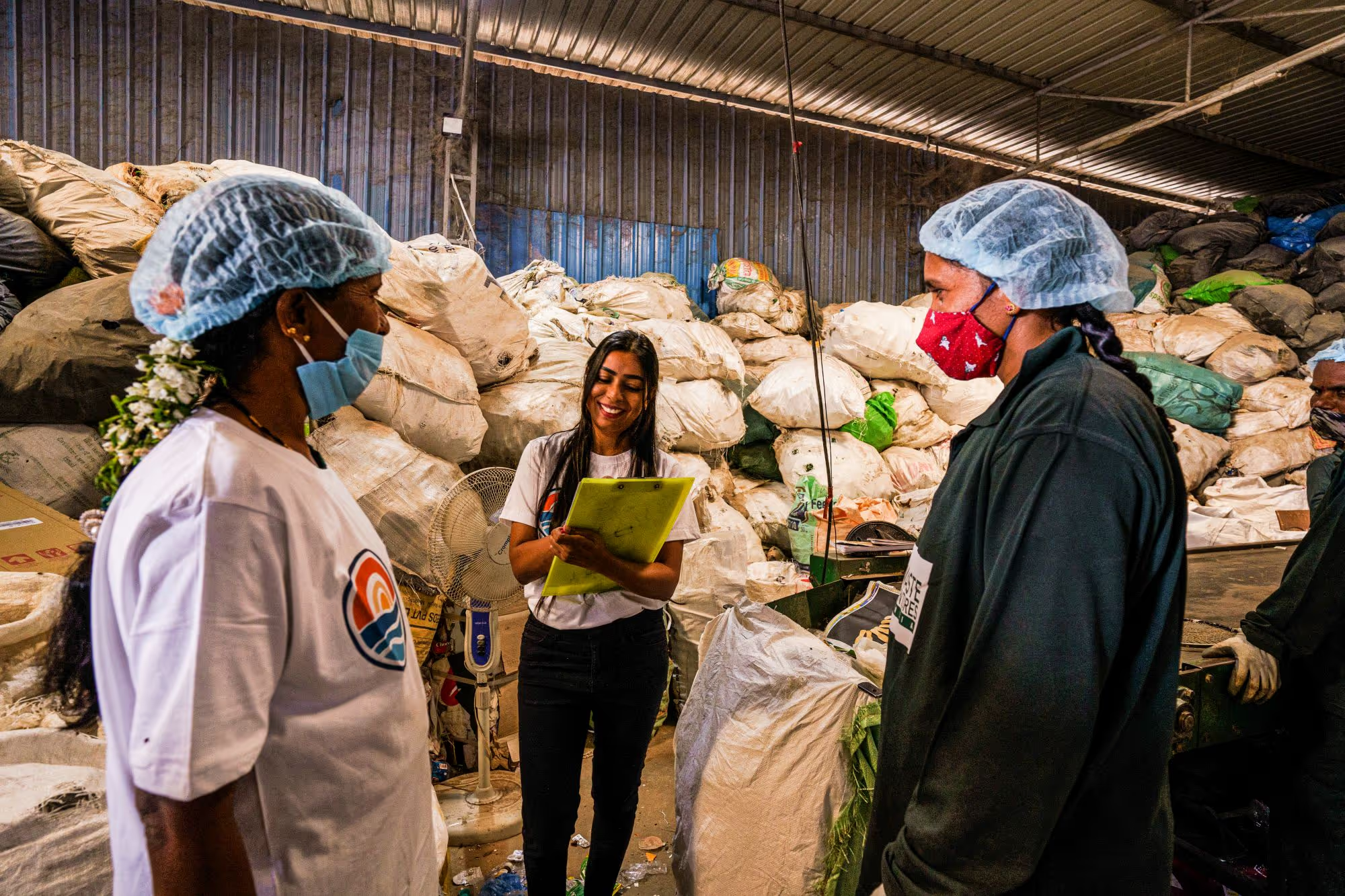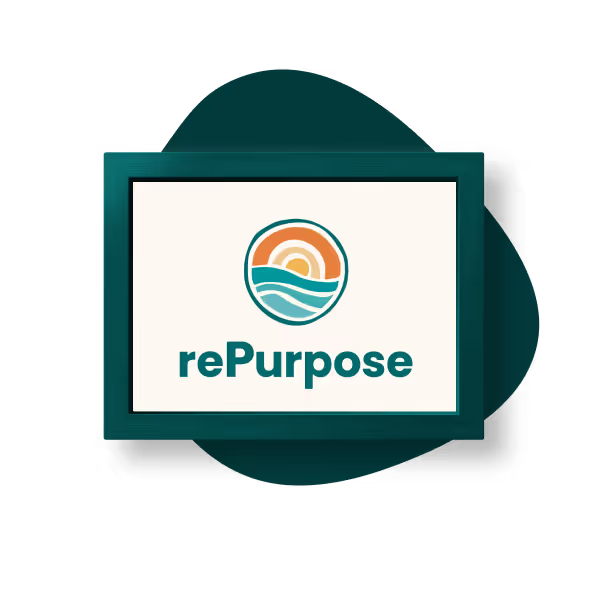[This piece was originally written in April 2019, with updates added in October 2022 and December 2023]
What does it mean to get a plastic action certification? Just like negating your carbon footprint, finally, there is a way to take action on your plastic footprint – for companies and individuals. Individuals can use our plastic footprint calculator, where we work out your average yearly consumption of plastic. We have a similar – albeit more complex and precise – tool for businesses. Our proprietary measurement tools help you better understand your plastic consumption. To compensate for the plastic bottles, packaging, toothbrushes, take-out containers, and other plastics, we have partnered with multiple waste management organizations to balance out the volume equivalent of your plastic consumption while empowering marginalized waste workers.
But why should you be interested in certifications for action on plastic waste? Read on.
1. Recover the plastics that would have never been saved

When a waste worker has the choice between picking up a plastic water bottle or a chip bag, they will always choose the bottle. In fact, waste pickers will usually collect plastics such as PET or HDPE (think soda bottles and milk jugs) over other plastics because they have the most value.
Other plastics such as multilayer plastics (think chip bags and wrappers) and polystyrene (think styrofoam) are the least likely to be picked up because they have an extremely low weight and the lowest value per kg, which adds up to streets being littered with snickers wrappers and the packing peanuts of someone’s latest Amazon Prime order. Multilayer plastics (MLPs) and polystyrene are piling high in Indian landfills and flooding water bodies at an alarming rate. Nobody wants to pick up these plastics, and no recycling facility is able to take them in.
Taking certified action for funding Verified Plastic Recovery helps to establish a more equitable, responsible, and effective global waste system. When products are certified with rePurpose Global, your funding supports waste management organizations that are collecting, segregating, cleaning, and processing the volume of plastic equivalent to your plastic footprint and are ensuring that it gets efficiently collected and recovered. In other words, you collect, recover and recycle plastics that would have never been saved.
2. Empower some of the most marginalized workers in the world

Waste workers play a significant role in the recycling industry. Because of their work, India has achieved one of the world’s highest recycling rates of PET plastic at 90%. Despite their contributions, many of India’s waste workers struggle to meet even their most basic needs. They earn poor wages, lack basic civic amenities, and are regularly exposed to harmful substances.
In their work, they are often exploited by more powerful players higher up the value chain, which limits their access to fair wages. Many live within the grounds of the landfill or on the outskirts of slums and struggle for basic sanitation, water supply, and electricity. These neighborhoods are typically unauthorized settlements that are not recognized by the local government and therefore do not get access to the city’s basic services.
Becoming certified with rePurpose Global comes with socioeconomic benefits for some of the most marginalized workers in the world. To address some of these often overlooked challenges faced by waste workers, rePurpose Global has introduced its very own Impact Code that highlights rules and regulations that all our projects must follow. In addition to creating new income opportunities, we ensure fair wages, safe working conditions, human rights protection, and safety at work for all of our workforce.
3. Contribute to a circular economy

Finding outlets for plastic waste through reusing, recycling, and redesigning is part of the rePurpose mission. This is how we see it: for every plastic container that re-enters the cycle, that is one less container buried in a landfill, burned in an incinerator, or floating into the ocean.
There is no one-stop solution to the problem so rePurpose Global is taking a multi-pronged approach — we work with brands with the aim of redesigning packaging, and with governments on legislative changes to reduce plastic production at the source.
We have a team of sustainability experts who provide sustainability consultancy. This is usually a virtual consulting session, designed to keep the line of communication and support open with our plastic neutral certified brands. In these sessions, we discuss plastic reduction challenges, brainstorm solutions, identify avenues where switching to alternate materials is possible, and offer informed guidance to brands on how they can reduce plastic use in their supply chain in a phased manner.
Recommended Reading: How 3 CPG companies invigorated their brands with the plastic neutral certification
4. Meet and exceed customer expectations with plastic action

Most customers are aware of the impact of their purchases and nearly all U.S. and U.K. consumers want brands to be more environmentally friendly. Surveys increasingly indicate that consumers prefer sustainable brands, with the majority of shoppers apparently willing to pay a premium for more sustainable products, such as those that include recycled content. Brands that continue to push plastic and do nothing to take responsibility for it risk alienating their customers.
The path of plastic action certification for funding Verified Plastic Recovery presents the perfect opportunity for brands to show they are doing more. It means that brands using plastic in their products or packaging have an opportunity to act more responsibly. It demonstrates to their customers that they are making a conscious effort to become more environmentally friendly.
The fact that the certification is underpinned by robust steps to fight plastic waste and create holistic impact helps to engage and delight customers, as well as support brand identity.
5. Create meaningful, impactful, and reportable action

We live in a world where proving impact is vital. A brand’s plastic clean-up initiative needs to be both robust and verifiable. Simultaneously, national policies are changing and becoming more stringent by the day. From the introduction of new rules in the UK around plastic packaging to single-use plastic bans in India, governments have started challenging brands to clean up their act – or pay heavy fines for their failure to do so as seen in countries such as Switzerland, and Austria. This requires transparent reporting of action.
Growing demands from investors and board members who require sustainability actions to be taken and reported as part of a brand’s ESG or EPR commitments is another consideration.
Product certifications with rePurpose Global provides companies with robust, quantifiable, and verified data on plastic recovery. This makes it easy to report — empowering brands to talk about their initiatives confidently.
Final thoughts

Taking action on plastic waste is all about future thinking. We are rebalancing the global plastic climate, giving “lost-case” plastics new life, empowering the workers of today for their children tomorrow, and building a platform for innovative green technology to redesign our linear economy into a circular one. But we also dare you to take one step further:
Funding Verified Plastic Recovery and getting certified helps you take responsibility for plastic waste -- perhaps that you are responsible for generating or might have generated in the past. Additionally, it also empowers you to connect with your customers and convince your stakeholders of your impact through transparent reporting and communication
Is your business looking for solutions for your plastic packaging footprint? Get in touch with our team at letstalk@repurpose.global to explore how rePurpose’s plastic action solutions can support your brand’s goals for plastic reduction and waste recovery.



.avif)
.png)
.png)






